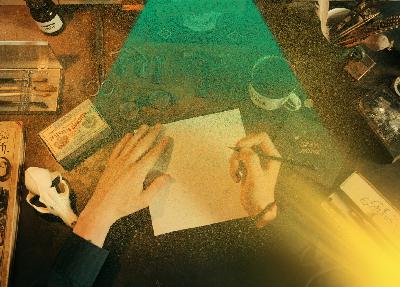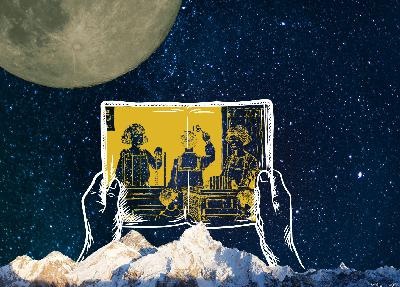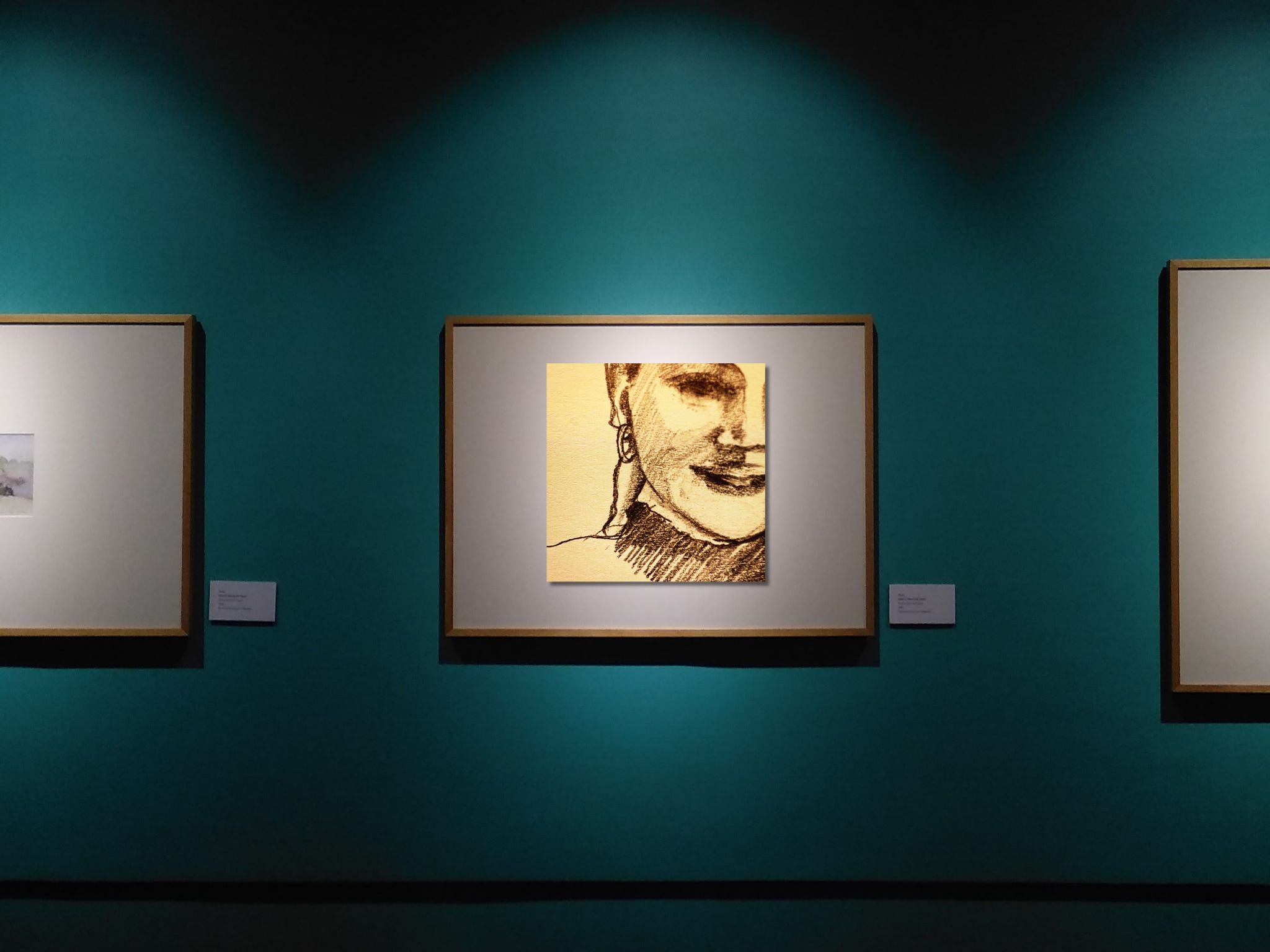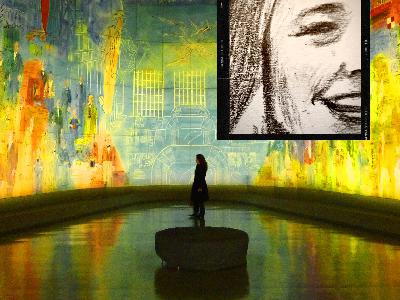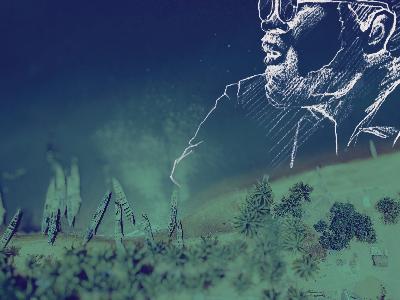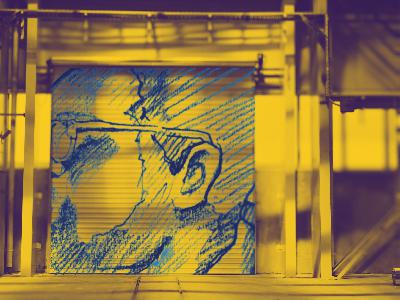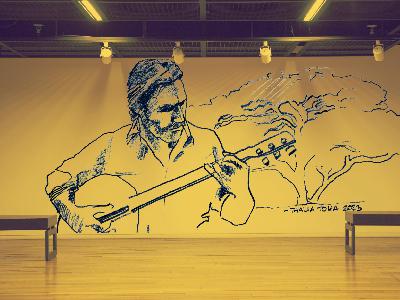1. Why we want to do everything at once [An Internal Logic]
Description
We’re asking a question no one would: “Why do I want to do everything at once?” especially when we’re living in the US.
It used to be that we just shrug off a tendency to want to do everything. And we say we just lack focus. Uncommitted. Multi-tasking. Busy. Or worse, that we have Attention Deficit Disorder. Or other identity disorder, like Marvel’s Moon Knight hero, who has Dissociative Identity Disorder.
The great tragedy when we don’t ask this question, is that we go about living in the US, wanting to do everything at once, and then ending up doing nothing at the same time.
The US might be the land of opportunity. But when opportunities are limitless, does it become prohibitive? And if so, what can a self-motivated hard worker do about all this? What if you come from a background with mixed heritage? What if you’re someone who might be under pressure to fulfill the family’s dream of a better life?
Or someone with multiple different interests in life? Like psychiatrist Paul Puri, MD, who consulted for the hit Marvel’s series “Moon Knight.” Turns out, psychology and medicine has a lot to say about us that we didn’t already know.
Listen to this episode if you are living or are thinking about living in the US, and that little voice in the back of your head keeps asking: “Why do I want to do everything at once?”
—
In case you’re out and about without WiFi later, download this episode now.
Music: “Silhouettes” by Tobias Voigt (License code: 8IDBGGC5WXLDYLAU)
Episode 1 TRANSCRIPT: “Why we want to do everything at once [An Internal Logic]”
Thalia Toha: I wanted to start with one of your fun projects. Of course, Marvel's Moon Knight. I wanted to ask you because you're in this really cool space where you talk people. And understand people's identity, people's disorder, problems, and things that people don't normally talk about.
I've never heard of DID, dissociative identity disorder, before Moon Knight. And when I saw Moon Knight, I thought, “How interesting. Why is something like this … Why is it that we've never heard of it before?”
Is this kind of like a new diagnosis in the medical community? Or in something that's been around for a long time? And we just don't know much about it?
Paul Puri: It's hard to give a firm answer on that. Because even the diagnosis itself is a little controversial. You know, there's kind of the very popularized index cases, which they made a movie of.
They're making a new movie with Sally Fields back in the 70s. You know, there are sort of these index cases that really popularize it. But from my understanding of the literature, and I consider myself a relative expert in disassociation—and DID is one of the dissociative disorders—things do suggest that it existed long before the 70s, but in other forms.
Like what people would have otherwise considered like “spirit possession.” Things like that. And what they attributed to outside spirits taking over their body later. It became named as sort of different personalities. Or what are called “Alters.” Or aspects of themselves that sort of split off.
Paul: So it's probably been around a long time. It's very disputable in terms of how prevalent it is.
Probably 1% or less of the population, probably less, has this.
My belief is that it's probably rare in its real form.
But that dissociation exists in a spectrum form. Kind of across a population. Many of us can dissociate in lesser forms. But that doesn't equate with DID.
Thalia: And what exactly is dissociation then? What is … How is that different from, just having a different interest?
The impulse to do something else, having different interests, and Dissociative Identity Disorder in the US
Paul: It's a complex subject. And I'm going to do my best to try to boil it down. There's sort of different aspects of our brain functioning or cognitive functioning that exist at a baseline. And they sort of weave together and integrate to create our normal experience.
And that's sort of our sense of memory. Our sense of identity. Our sense of time. There's our sense of our emotions.
And there's kind of a baseline phenomena of this. And it all sort of weaves together in how we experience life.
If one of those were to kind of split off or separate, or exist in the background, our experience in the moment would be different.
What's remarkable about the brain is that it can sort of split off functioning in a way where these things can exist outside of our consciousness, our awake consciousness.
And it exists and kind of perpetuates in the background. So it may be not a perfect example.
But, you know, if you've ever gone to sleep with a problem, and then you wake up with the solution. Or, you have put a problem away. And then the solution pops up for you in the middle of the day.
And, and who's been thinking of that? And where did that come from?
There’s sort of capabilities inside of us that we sometimes can directly access. And sometimes feels more elusive when we can find the right word for something or can't find the right word.
There's sort of a different side to us that is functioning behind the scenes all the time, and that we can't always directly access, even though we want to. So there's this sort of myth that we have a singular identity that I can do what I am in control of me. And that if I want to make changes in myself, it can happen.
But across the breadth of human experience, most people have a lot of difficulty in making changes in themselves. And that's because a part of them that's functioning, that's driving a lot of these behaviors, is sort of behind the scenes.
So that's like a loose definition of dissociation.
And we can have things where we split off our awareness, or our memory of something that might have existed. Because it's not convenient for us. Or, you know, when we start getting more pathological, someone might experience, let's say, a trauma or a terrible experience. And then, because they can't, because it's overwhelming, they just sort of compartmentalize that experience. They lock it away.
So they lock it away so that they basically don't have to feel all the feelings that are associated with that. So those are different aspects. Really, association falls into kind of two camps.
Which is compartmentalization. How do you lock something away. Or sort of a disconnection from something: how do you disconnect from part of yourself.
Paul: And so there's all these different sorts of phenomenon that come up with that, like associated amnesia, associated huge, associative identity disorder, things like that.
Disassociation is probably a phenomenon that exists in the way our consciousness exists. Because we are constantly bombarded with stimuli.
The nature of how consciousness exists is like our conscious awareness. It came into formation as a form of a traffic cop. It's like, … “How do we discriminate what comes into our awareness and what we filter out?”
And that is how consciousness exists.
And so in order to do that, we have to split off stuff that we decide, behind the scenes, … We decide it is not relevant or not necessary. But that doesn't mean it's not coming in.
Thalia: And so how is that related to alter ego?
The conscious use of alter egos to allow us to do something we’ve always wanted
Paul: Alter ego is a little bit more like a conscious choice in terms of, I'm going to have a different sort of role that I switch into. So it’s sort of like: I'm going to go dress up and play whatever kind of—not that I do cosplay, but like, where I'm going to go, like—you know, put on my party clothes.
And I'm going to go to a club tonight, and I'm going to put on, like, that's a different version of who I am in my professional life, or whatever the thing is.
DID is really about people who might naturally dissociate a little bit as children. And then they have a very clear kind of index trauma.
And most of the time, according to literature, it's like sexual abuse. But it could be physical abuse.
And what happens is that, because it's happening at a young age, before their real sense of self is sort of solidified, their way of dissociating is like a much more dramatic split.
And it results in these sort of compensatory different parts of themselves.
And we all have parts to us, you know, part of me that wants that chocolate bar. Part of me that doesn't. Part of me wants to go to the gym. Part of me wants to sit on the couch.
Like we all have that. And that's another discussion that we can get into. But in this, it's not a conscious process.
The choice is not really there on how or when to switch. It happens, for the most part, kind of adaptively to the situation for the purposes of survival.
Thalia Toha: Is there a way for them to control it when they are diagnosed in adulthood? To then go back and, “OK, well, this is something that, this is the identity that I want to take on …” —Is that possible?
Paul: Yeah. I mean, that happens mostly through treatment. Through stages. You know, you work on sort of building up the ego, or the strengthening, or like the emotional regulation skills.
Because the jumping between them very much happens

![1. Why we want to do everything at once [An Internal Logic] 1. Why we want to do everything at once [An Internal Logic]](https://substackcdn.com/feed/podcast/1909227/post/138192032/ed23403f2ddb56ee3e75c8377474e6fe.jpg)
